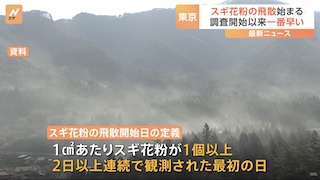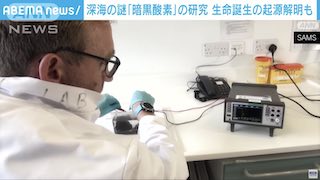TOKYO, Nov 11 (Nikkei) - Toyota Motor and around nine other Japanese companies will team up with the government to launch a new entity to develop and make next-generation semiconductors, Nikkei has learned, aiming to establish manufacturing processes by the late 2020s.
With competition for next-generation semiconductor technology intensifying around the world, the new company will provide a platform for collaboration with U.S. companies, as well as governments.
Toyota supplier Denso, NTT, Sony Group, chipmaker Kioxia Holdings, NEC and SoftBank are among the companies expected to invest in the project, each pouring in about 1 billion yen ($6.8 million).
The Japanese government will support the project through subsidies and other means. Tetsuro Higashi, former president of chip equipment maker Tokyo Electron, led the establishment of the new company. Mitsubishi UFJ Bank will also participate, and the new company will solicit further investment and cooperation from other companies.
Named Rapidus, from Latin meaning "rapid," the new company aims to develop the next generation of logic semiconductors used in computing, known as "beyond 2-nanometer technology," and to build a production line by the end of this decade. From around 2030, it will aim to start contract manufacturing for companies that design and use semiconductors. ...continue reading
Source: ANNnewsCH















